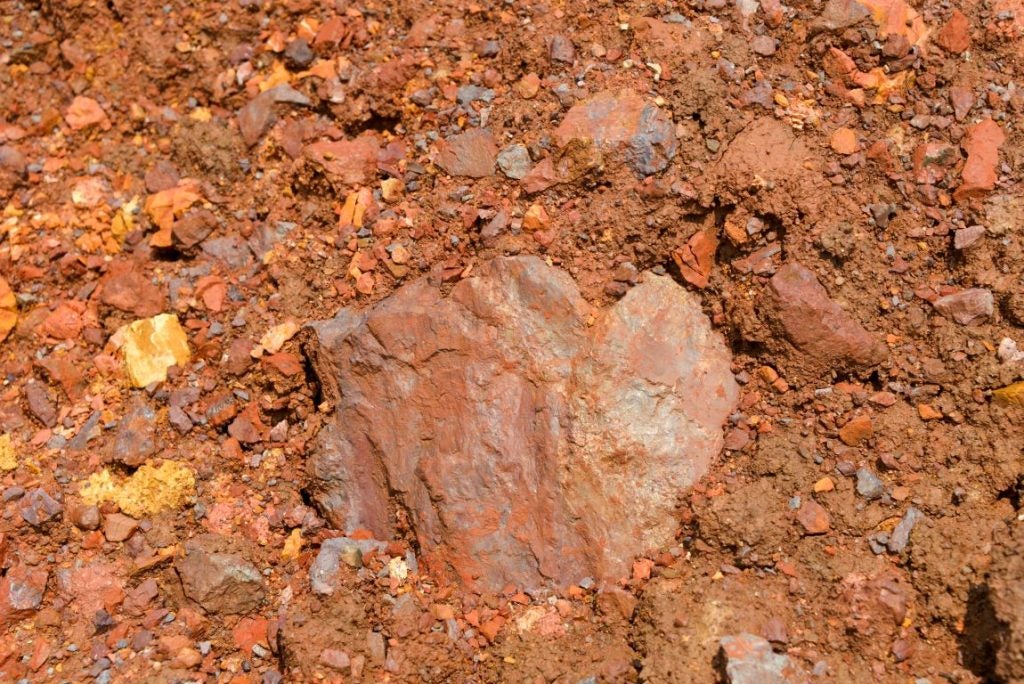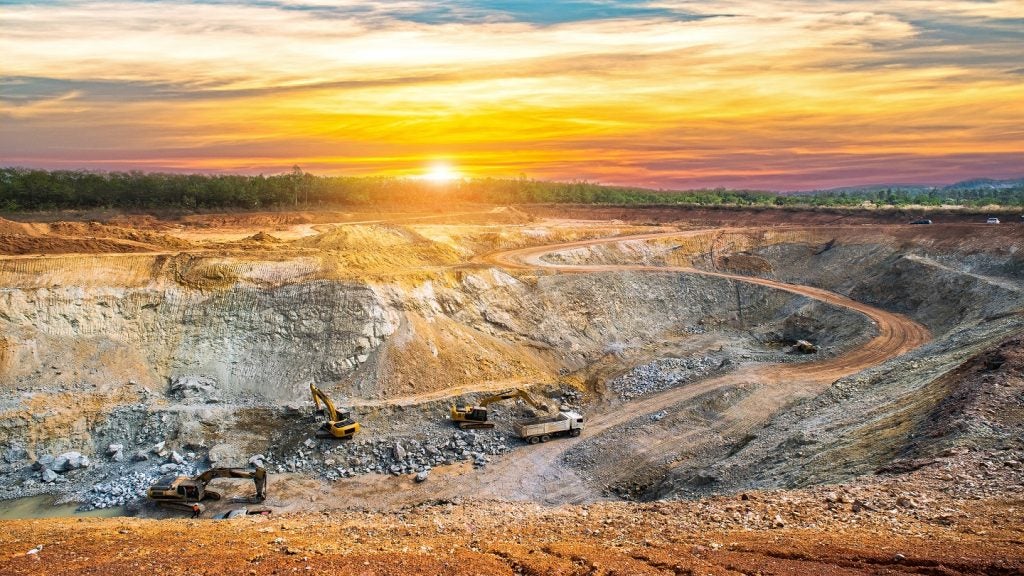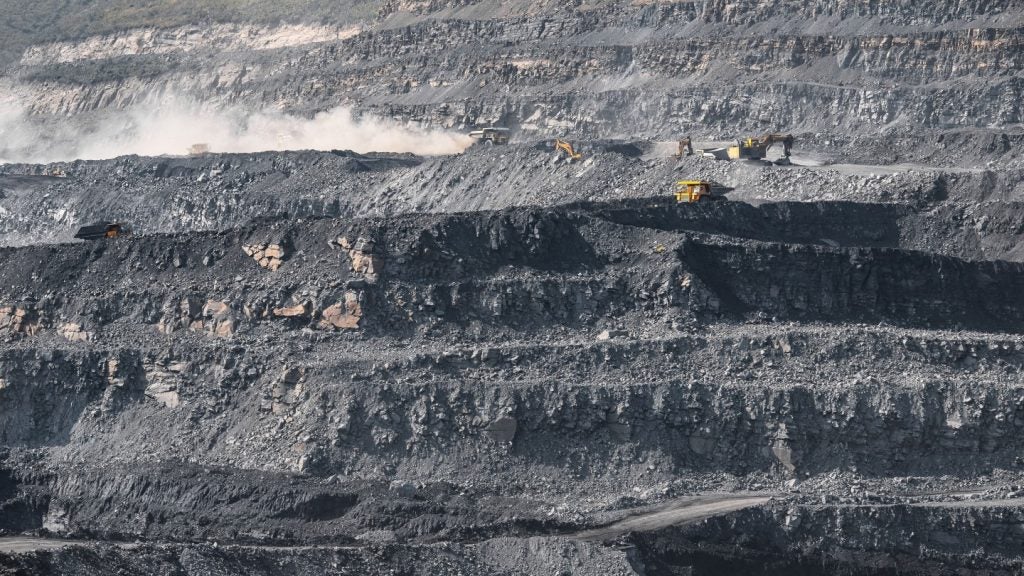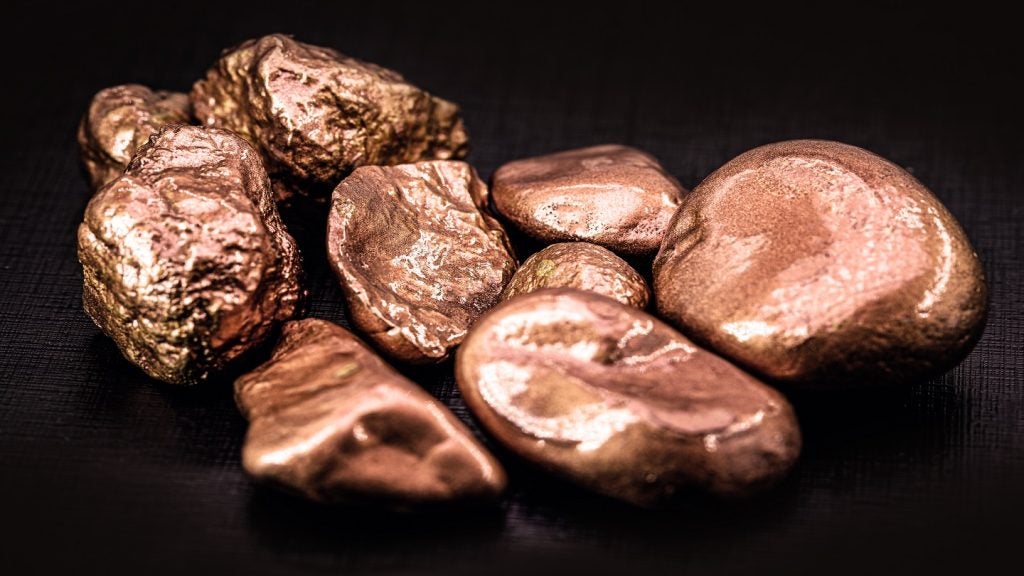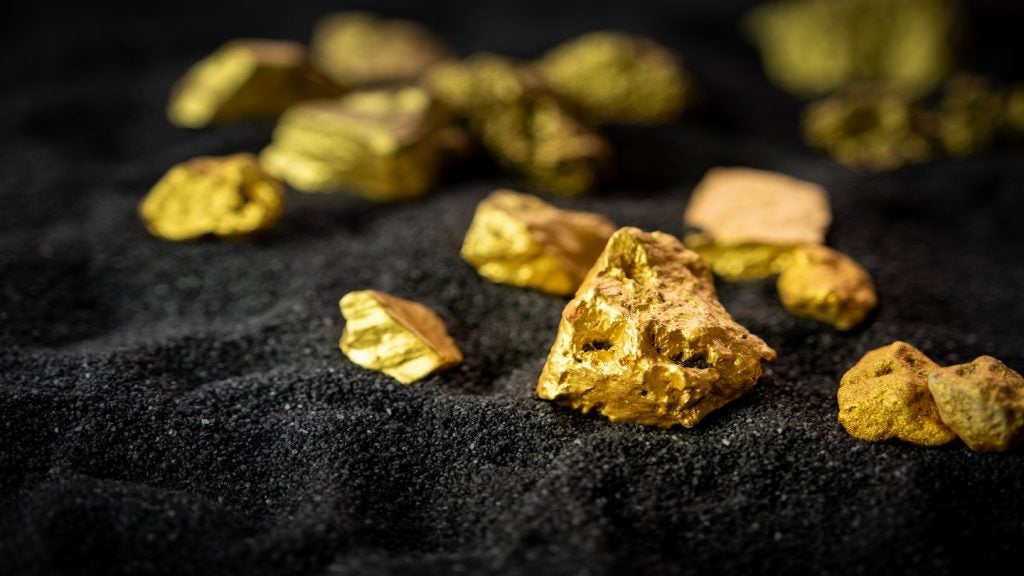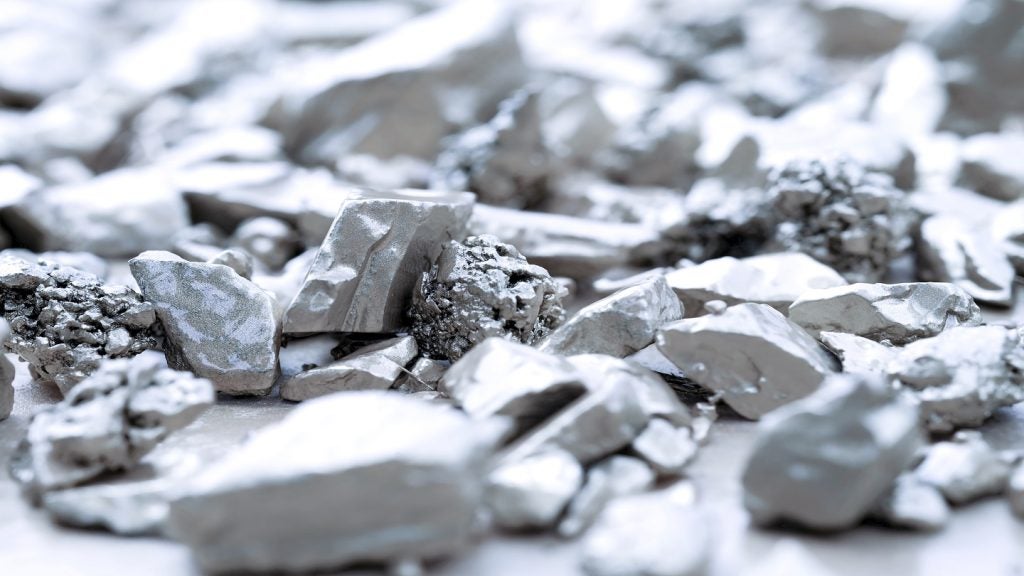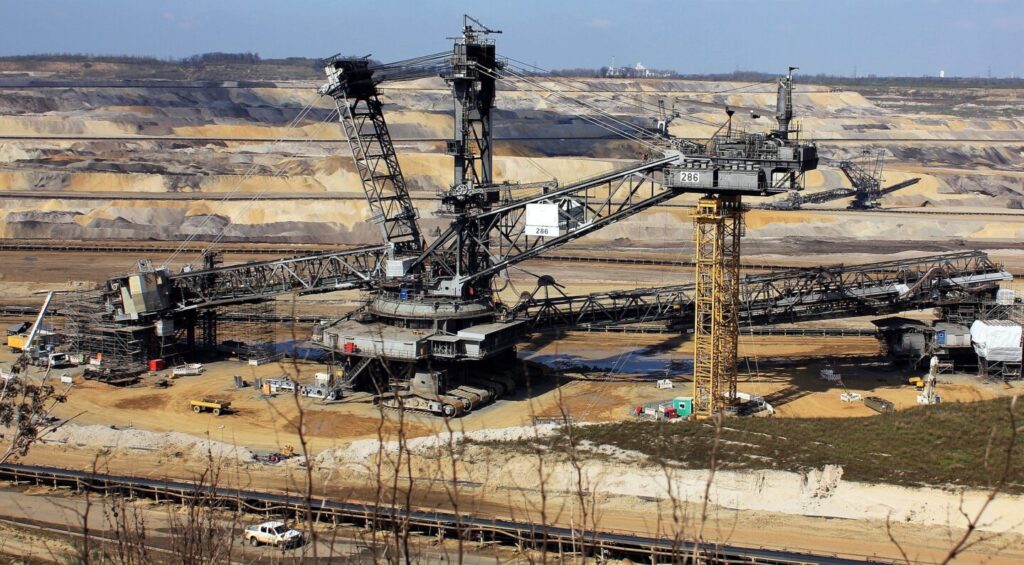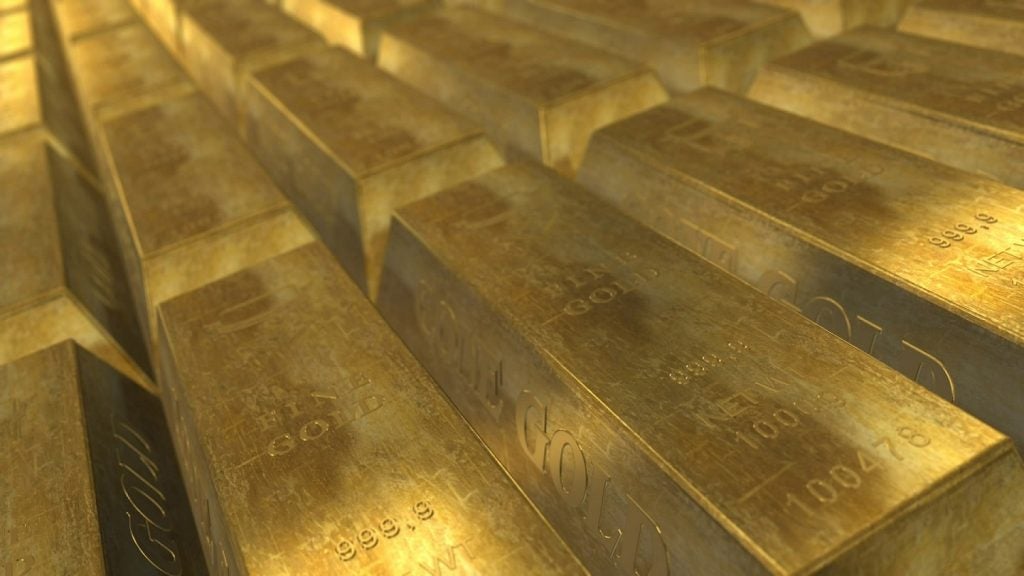The differential prices for iron ore will likely create concerns in the competitive market and iron ore exports should be discouraged in India, says the Competition Commission of India (CCI), a fair trade regulator.
A report by the CCI entitled 'Dynamics of Competition in the Mining Sector in India With A Focus On Iron Ore' explored iron ore production and associated industries such as steel to examine the functionality of the iron ore market.
The study noted that the country is “self-sufficient” in iron ore production and contributes 7% of global production. The export value of iron ore has surpassed the import value in recent years.
“Though it is not possible to withdraw the already operational captive mines before the completion of their tenure as this could disrupt synergies and efficient production,” the CCI statement said in an updated statement released at the end of 2023.
“The amendments in mining law in 2021 have allowed captive mines to sell up to 50% of surplus iron ore in the open market, which is likely to boost the supply of iron ore in the market,” it said.
The study underlined the need to keep an eye on the price at which a captive mine sells its surplus to other companies to ensure buyers are not burdened with excessive costs, “especially if the buyer competes with a captive mine-owned firm”.
The study encouraged high-value-added activities including domestic steel production to control the prices. It recommended easing the implementation of these regulations to reduce the high compliance costs.
The CCI pushed for regulating sustainable mining by gradually phasing out “dirty” technologies. It also encouraged the use of cleaner technology and incentives for adapting sustainable modes of mineral production in existing processes.


